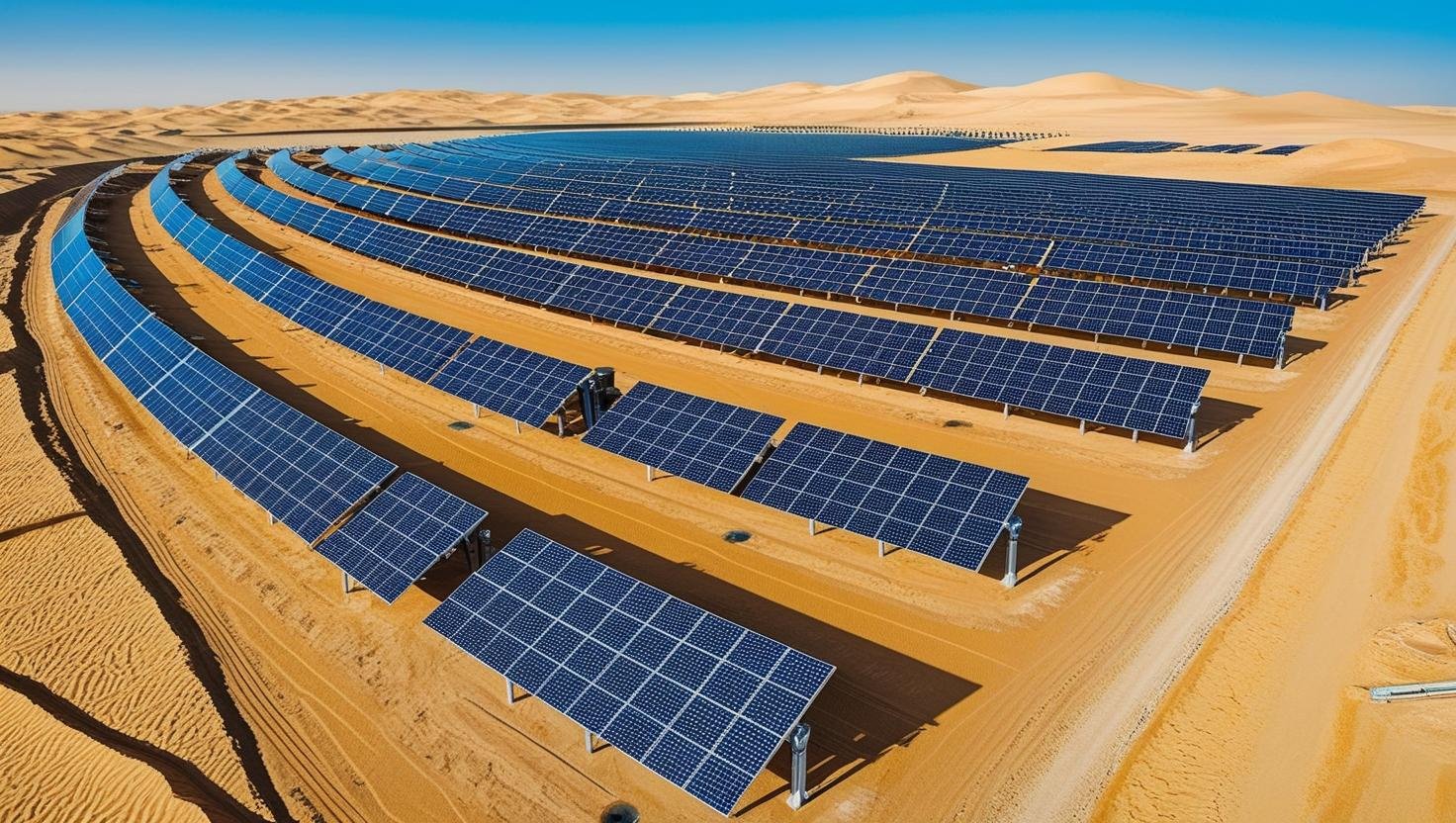Understanding Heat Exchangers
Heat exchangers play a vital role in various industries by enabling efficient heat transfer between fluids. They can enhance energy efficiency and reduce operational costs, making them invaluable in regions with extreme temperatures. In the Middle East, however, we see a surprisingly low use of these devices. So, what’s the deal?
Climate Challenges and Economic Factors
Despite the scorching temperatures and burgeoning industrial sectors, many operations in the Middle East still bypass heat exchangers. This low adoption rates can be attributed to several factors, including initial investment costs and a lack of awareness about the benefits. With an economy heavily reliant on oil and gas, many businesses prioritize quick returns over energy efficiency enhancements that heat exchangers can provide.
Potential Benefits of Increased Use
Embracing heat exchangers could lead to remarkable energy savings and sustainability in the Middle Eastern landscape. Imagine power plants and petrochemical facilities cutting down operational costs significantly! The economic and environmental benefits are substantial, but the challenge remains—educating stakeholders on the long-term advantages.
It’s time for the Middle East to rethink its strategy when it comes to thermal management. By investing in heat exchanger technology, we are not just heating things up—we’re cooling the planet down, one industrial facility at a time. After all, who wouldn’t want to warm their hearts with a little extra savings while helping the environment?







اترك تعليقاً